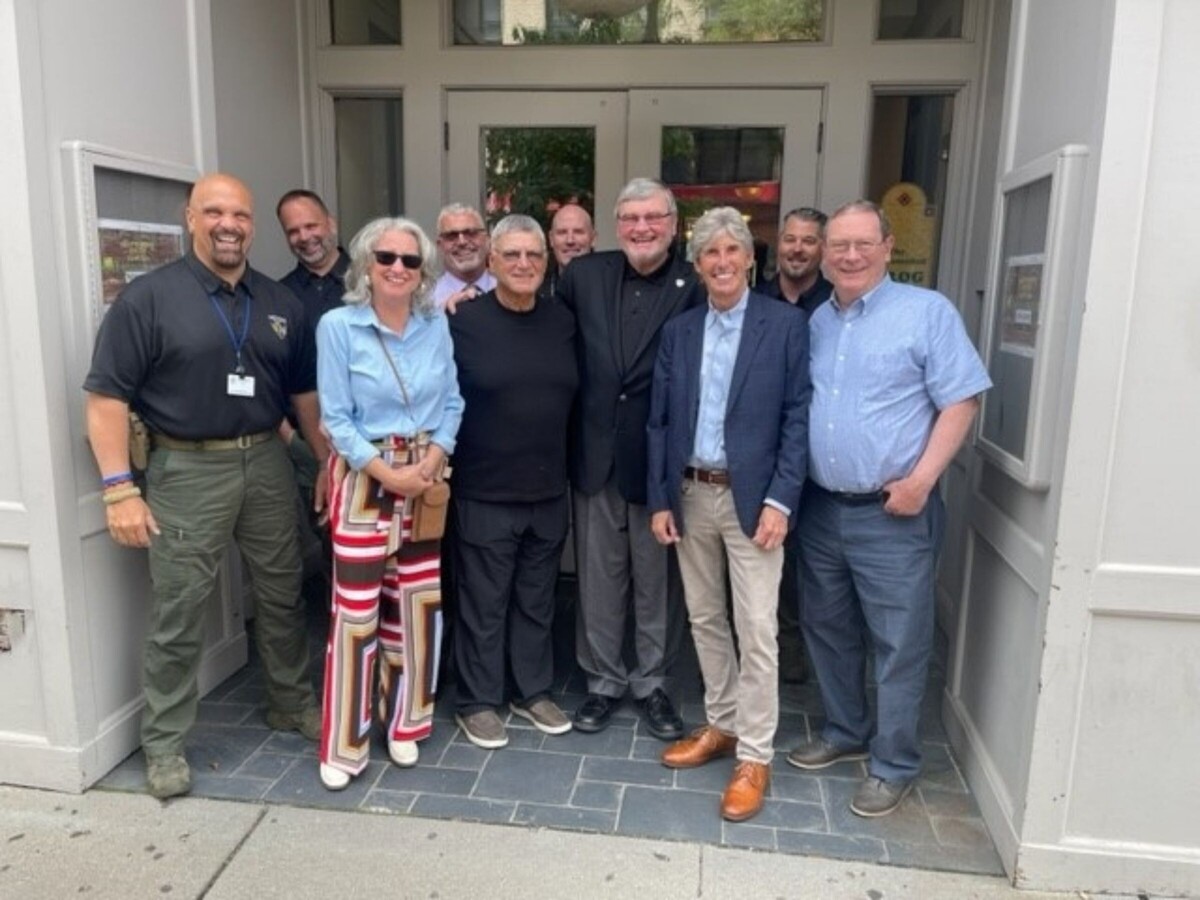Image


Morristown, NJ - The infamous Richard "Iceman" Kuklinski murder case was reopened, not to solve unresolved mysteries, but to learn from the past. On July 17, key figures in Morris County law enforcement met with the retired investigators who cracked the case, aiming to extract valuable insights from this historical investigation.
Kuklinski, convicted for a series of brutal murders in the 1980s, was infamous for his cold-hearted tactics and the confusion he sowed among medical forensics. His unpredictable methods included the use of cyanide and other cruel techniques to erase evidence and elude detection.
Retired ATF Supervisory Special Agent Dominick Polifrone and Retired DCJ Supervisory State Investigator Paul Smith, the two principal investigators in the case, shared their experiences with the MCPO team. This team, led by Morris County Prosecutor Robert J. Carroll, included First Assistant Prosecutor Maggie Calderwood, Chief of Detectives Robert McNally, Morris County Sheriff James Gannon, and various MCPO administrators.
Polifrone and Smith recounted the challenges they faced while investigating Kuklinski. Their methods included infiltrating criminal hangouts and painstakingly earning the trust of Kuklinski, who, in an effort to protect himself, was systematically murdering his associates.
Key to their successful investigation was their ability to identify as a potential source of cyanide, a lethal weapon favored by Kuklinski. In doing so, they managed to record Kuklinski as he detailed his murder methods and plans for future killings. These recordings became crucial evidence in his conviction.
The meeting also provided an opportunity for the MCPO Command officers to discuss how modern digital equipment and tactical techniques can integrate with traditional undercover protocols. This integration aims to help law enforcement agencies infiltrate criminal organizations more effectively, combining tried-and-true methodologies with innovative approaches.
Despite the 'Iceman' case being decades old, the lessons drawn from it remain highly relevant today. The gathering highlighted the necessity of inter-agency trust, the significance of post-investigation stress on undercover agents, and the importance of resilience among law enforcement personnel.
In their closing remarks, both Prosecutor Carroll and Sheriff Gannon lauded the courage and resourcefulness of the investigators who worked on the 'Iceman' case. They noted that the inter-agency trust, collaboration, and innovative tactics demonstrated during the case still serve as a blueprint for effective criminal investigations today.